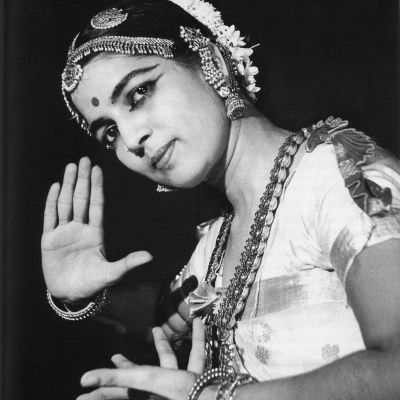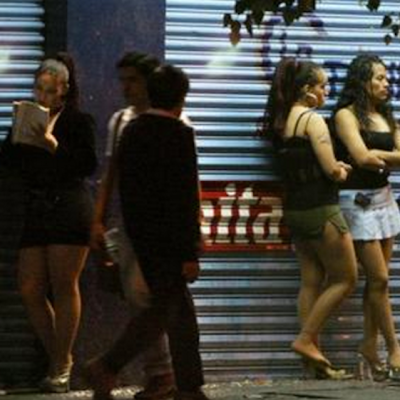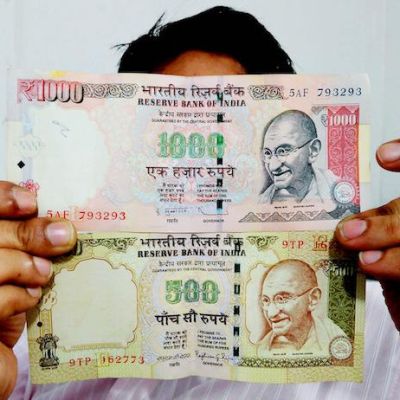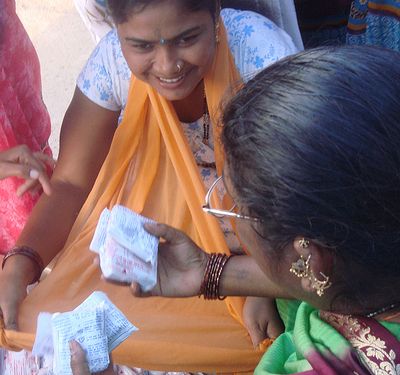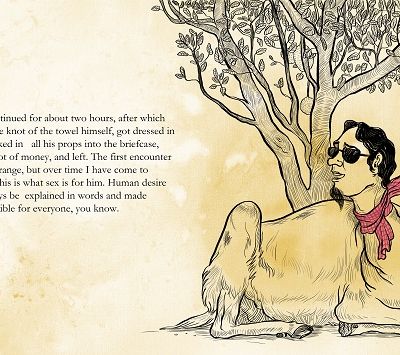Sex Work
She was 17 when she was rescued from a dance bar. Now she’s 18 and she wants to go back. As an adult. And dance again. That’s what Alisha wrote in a letter to the Child Welfare Committee.
Alisha’s letter may be one of a kind. It doesn’t matter. It may even be a scam of sorts, in that she was pushed to write it. Doesn’t matter. What’s interesting is the jumble that it throws up, if you look at her choices through eyes that are not hers.
Introduction: As this first-person account of Anita, a Devadasi in Maharashtra, Western India illustrates, issues of consent and violence/coercion cannot…
This film reminds us of the power of connections in finding pleasure, joy, confidence and healing.
Connection is essential for our survival – physical, mental, emotional and spiritual. We connect with people, form networks of care and support, and in a sense weave webs of safety and comfort that we can turn to when stressed or simply want to infuse a dose of joy into our day.
In our mid-month issue, we have the second part of the Shikha Aleya’s interview with six different people talking about aspects of sexuality and diversity from their own particular space of personal knowledge, as well as work, advocacy, art and activism across diverse fields.
Sexuality and the workplace are closely related, and a safe and healthy working environment is a fundamental human right.
As soon as you add sexuality to a piece about money, the first instinct generally is to reduce it all to sex, leaving the “-uality” like a little invisible tail feather that flutters away into the unknown.
The movie was criticised for its stereotypical portrayal of Debu as a gay man. But, the beauty is that it also highlights the reversal of gender roles. The smiles, and the laughter sounding throughout the house, create a cheery note in the movie.
In the wake of Charlie Sheen’s announcement that he was HIV-positive, there was talk of how it would affect the…
Ensuring the protection of sex workers’ physical and emotional wellbeing, as well as safeguarding their rights to life, profession, labour freedom, health, and reproductive and sexual rights is fundamental within a constitutional democratic society.
The disruptions in sex work due to demonetisation were not merely about the cash crunch though. Probing deeper, the real problems were to do with a breakdown in the rituals of soliciting, and what it meant behaviourally for the women.
This is the second part in a two-part series on SANGRAM’s work in Sangli. Read the first part here. Finding…
A gradual process of inclusion; engaging and understanding exclusion In 1992, health and human rights NGO, SANGRAM, recognised the need…
[slideshow_deploy id=’8255′] [slideshow_deploy id=’8268′] “I want to put forward laughter and detachment as ways of resisting and refusing patriarchy by…
If there are hordes of reasons for having sex, and all kinds of activities that count as work, why is it that the act of performing sexual services cannot be accepted as legitimate work?
Liz Hilton illustrates the puzzle in a booklet published by Empower Foundation, Thailand.

